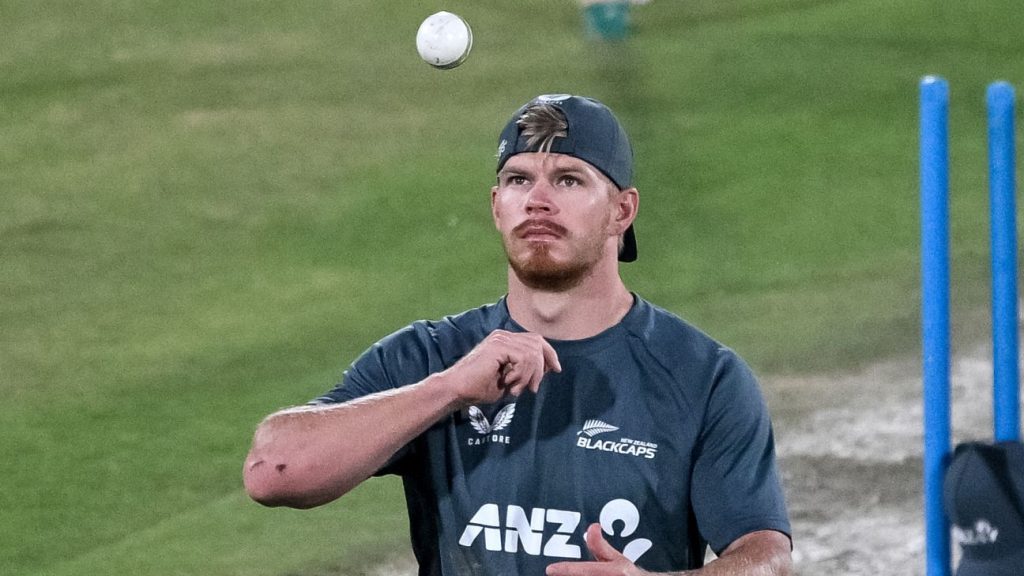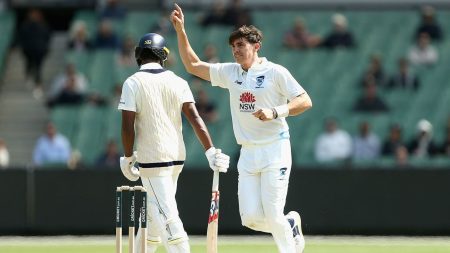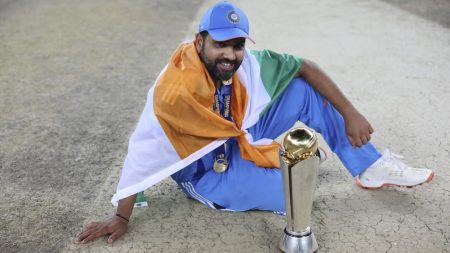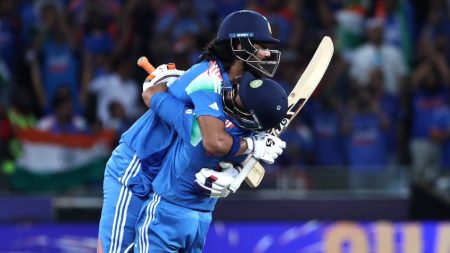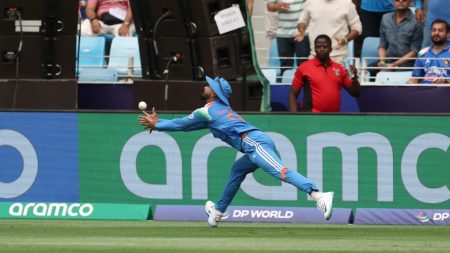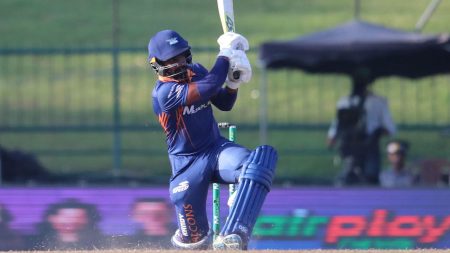New Zealand’s Consistent Performances in the Champions Trophy
New Zealand has been a picture of consistency in the ongoing Champions Trophy, excelling in all aspects of the game that they are known for. Their fielding has been sharp, the top order has found the runs necessary, and they have shown remarkable strength in closing out matches. All-rounder Glenn Phillips, a key player for the team, attributes their success to a well-rounded squad that is versatile enough to adapt to the varying conditions in Dubai. Despite the familiarity of the venue to many of their players, the current surfaces have been substantially different due to the recent ILT20 and India’s matches, which have left the grounds slower and more challenging.
The Final Group Match: Stakes and Strategy
The final group match between New Zealand and India is more than just a formality. While both teams have already secured their spots in the semi-finals, the outcome of this match will determine their semi-final opponents. The winners will face Australia, adding a significant layer of strategy to the game. More importantly, this match provides New Zealand with the opportunity to acclimate to the conditions in Dubai, which could prove crucial in the semi-final. Phillips emphasizes the importance of execution on these slower, more challenging surfaces, highlighting the team’s confidence in their bowling resources.
Adapting to Dubai’s Conditions
Phillips believes that New Zealand has the necessary resources to adapt to the Dubai conditions. The team boasts two top spinners, Mitchell Santner and Michael Bracewell, and all-rounders like himself and Rachin Ravindra who can offer crucial overs if needed. Additionally, their pace bowling attack, featuring Matt Henry, Kyle Jamieson, and Will O’Rourke, provides a formidable defense. Henry’s ability to make the ball move even on flat surfaces, coupled with the variable bounce offered by Jamieson and O’Rourke, makes New Zealand’s bowling unit well-suited to the conditions. Phillips is confident that this well-rounded attack will cover their bases effectively.
The Challenge of Varying Venues
One of New Zealand’s strengths in big tournaments over the past decade has been their adaptability. They are the only team in the semi-finals who will have played four matches in four different venues. This diversity has prepared them well for the challenges of the Champions Trophy. After starting the tournament in Karachi against Pakistan, they moved to Rawalpindi to beat Bangladesh, and now they face India in Dubai. Phillips notes the significant differences between the pitches they have played on, which has been excellent preparation for the varying conditions they are likely to encounter in the semi-finals.
Pre-Champions Trophy Success and Momentum
New Zealand’s form heading into the Champions Trophy has been exceptional. They won the pre-tournament tri-series in Pakistan, defeating both Pakistan and South Africa in Lahore, and then clinched the final against Pakistan in Karachi. This success has built a strong foundation of confidence and momentum. Phillips highlights the variety of situations they have faced, from spinning balls to fast and flat surfaces, and the challenge of different boundary sizes. The team prides itself on being adaptable, a trait that has served them well in their journey through the tournament so far.
The Importance of Finishing Top of the Group
Despite the mistaken belief that there was no reserve day for the semi-final in Pakistan, Phillips maintains that there is significant incentive to finish at the top of the group by beating India. A top spot not only brings a surge of confidence but also provides a smoother path to the final. Phillips emphasizes that New Zealand’s approach in every tournament is to win every game possible, and momentum is a critical factor in cricket. The team is determined to carry their winning form into the semi-finals, where they will face their toughest challenges yet.

